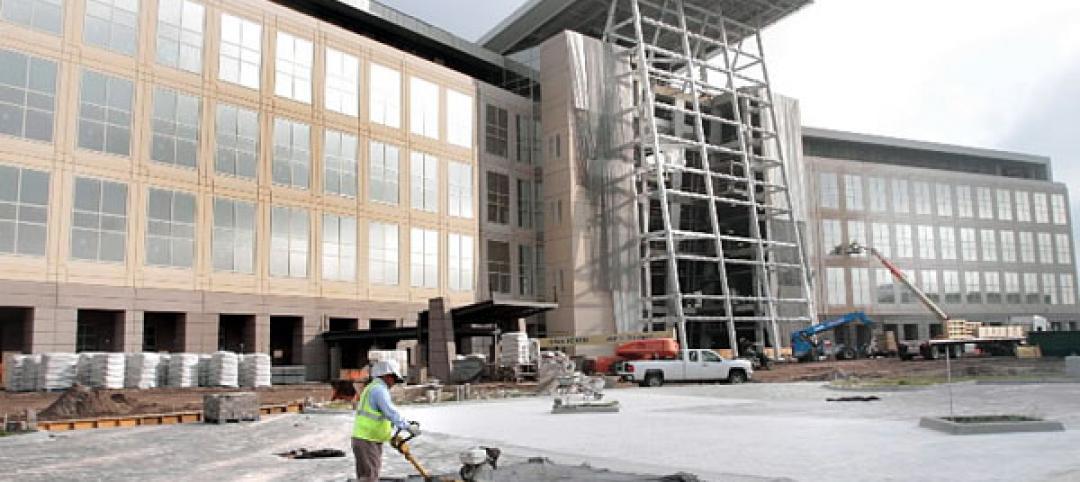The benefits of installing solar arrays on the rooftops of commercial buildings continue to grow.
Reduced hard costs due to falling prices, along with a more favorable regulatory environment, have magnified potential income from rooftop solar. The most common financial arrangement has been for the property owner to own the solar system, pay for the installation, and use the energy generated by the system to offset utility costs via net metering.
Another option is a solar site lease model. The owner of the property leases roof space to an experienced solar developer that finances and owns the solar array. The owner of the property makes money from rooftop lease payments—typically for 20+ years.
A similar option to solar site leases is a Power Purchase Agreement (PPA), in which the property owner signs a contract to purchase electricity generated by the array at rates below the utility retail rate. The solar developer pays for the system and uses the roof space at no cost.
Beyond such direct financial benefits, rooftop solar can help properties achieve compliance with ever more stringent environmental regulations. For example, some jurisdictions have passed laws that will penalize buildings that have not taken steps to reduce their carbon emissions.
Related Stories
| Feb 19, 2014
USGBC introduces new online educational platform
The U.S. Green Building Council has introduced “Education @USGBC” a new educational platform.
| Feb 17, 2014
Channeling weather forecasts to building systems can yield significant energy savings
Using weather forecasts to predict outdoor temperature changes can lead to significant energy savings, exceeding 10%, researchers say.
| Feb 17, 2014
Lawmakers may take away control of Florida hospital project from the VA
The project is $100 million over budget and has missed its scheduled completion date.
| Feb 17, 2014
Business, labor at odds over toughening of OSHA silica dust rule
OSHA says the rules will protect workers and prevent 700 fatalities annually. Others say the rules would hurt businesses and jobs.
| Feb 17, 2014
Tulsa, Okla., mulls code change to require storm shelters in new schools
State and city officials are pushing for increased bonding capacity to pay for the storm shelters.
| Feb 13, 2014
Appraisal Institute issues guidelines on evaluating green property
The Appraisal Institute and the Institute for Market Transformation have issued guidelines for training property appraisers to evaluate green buildings.
| Feb 7, 2014
New LEED Dynamic Plaque system will measure building performance
The U.S. Green Building Council recently unveiled the LEED Dynamic Plaque, which is a new system designed for benchmarking and comparing post-occupancy building performance on a global scale.
| Feb 7, 2014
Los Angeles officials struggle to deal with needed seismic retrofits
Sixteen years ago, the Los Angeles City Council decided against requiring retrofits of existing buildings because of the projected cost and the threat of losing 20,000 apartment buildings.
| Feb 7, 2014
Los Angeles officials struggle to deal with needed seismic retrofits
Sixteen years ago, the Los Angeles City Council decided against requiring retrofits of existing buildings because of the projected cost and the threat of losing 20,000 apartment buildings.
| Feb 7, 2014
EPA, Freddie Mac collaborate on energy- and water-efficient apartments
Freddie Mac will gather data on energy and water use from property owners, and encourage lenders to spend on energy-efficient investments for multifamily housing.











